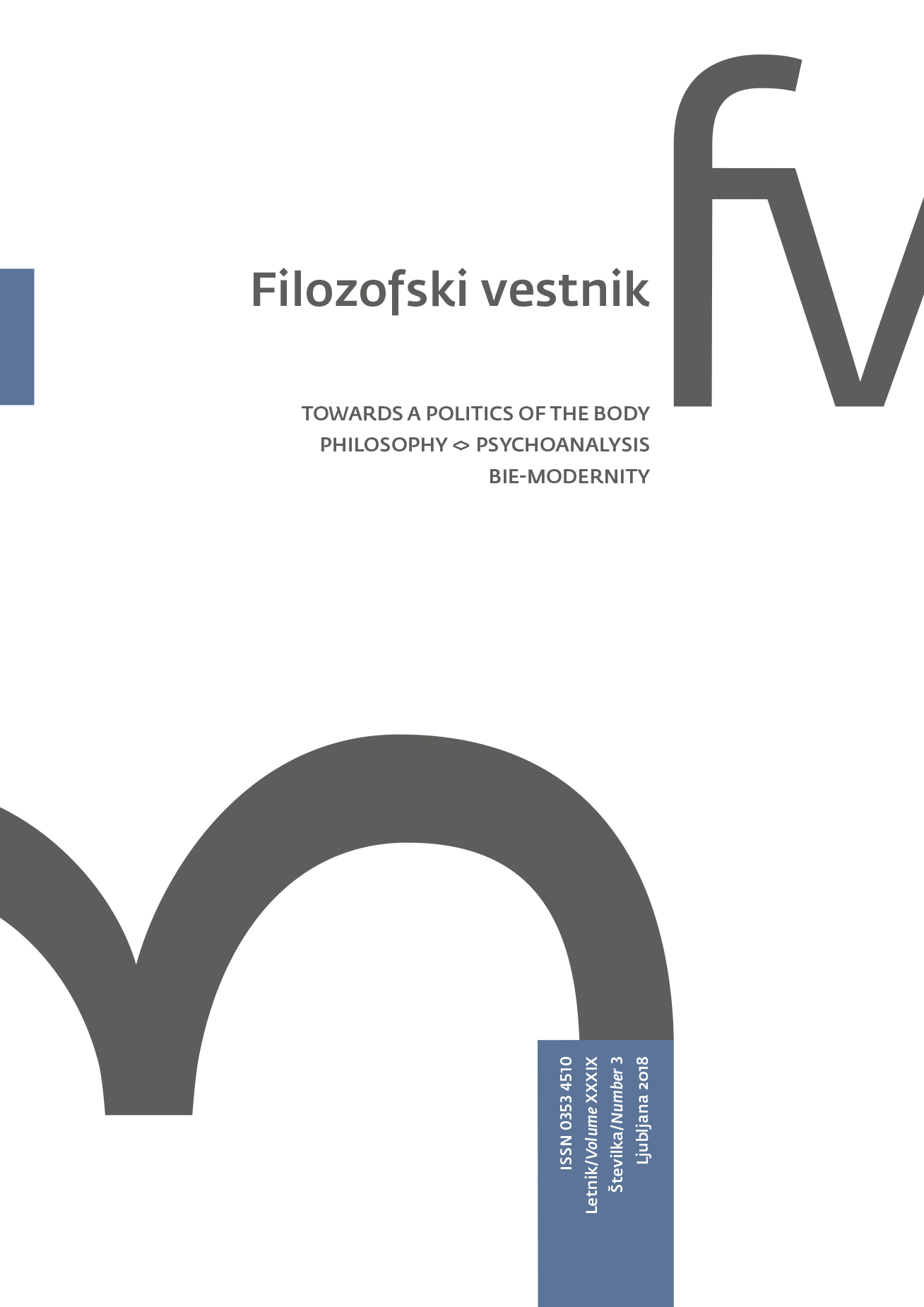Is it Possible for China to Go Ahead of the World in Philosophy and Aesthetics? Response to Aleš Erjavec's, Ernest Ženko's, and Rok Benčin's Comments on Zhuyi and Bie-Modern Theories
Keywords:
humanities in China, bie-modernism, bie-modernist art, modernity, Chinese avant-garde, leading the worldAbstract
European philosophers and aestheticians hold that the humanities in China, including philosophy and aesthetics, may have bright prospects, but they do not necessarily regard them as first class. Contrary to this point of view, Bie-modernism (“bie xian dai zhuyi” in Chinese pinyin) believes that China’s humanities have world-class aspirations, although in this respect there are different motivations with regard to the Chinese government and the Chinese people. Lacking the most basic Enlightenment modernity, Chinese society and China’s humanities also lack a real modernity, which has been guiding the discourse of Chinese humanities since 1989. Only exported contemporary Chinese avant-garde art has the modernity of reflection and criticism that is proper to Bie-modernist[1] art. Therefore, if China’s humanities can learn from the Chinese avant-garde art spirit and adhere to Bie-modernism, it is possible to enter the international ranks. Then it will not be impossible to lead the world.
[1] Bie-modern theory, which was published in 2014, includes both the Bie-modern social situation and Bie-modernism, the latter of which counters the Bie-modern social situation. “Bie-modern” means the hybridity of the pre-modern, modern and post-modern, or the mixed social form of feudalism, socialism and capitalism. “Bie-modern” is doubtful modernity or pseudo-modernity, but Bie-modernism aims to eliminate pseudo-modernity and to set up real modernity. In Georgia Southwestern State University (USA), the Center for Chinese Bie-modern Studies (CCBMS) was founded in 2017.
Downloads
Downloads
Published
How to Cite
Issue
Section
License
Authors guarantee that the work is their own original creation and does not infringe any statutory or common-law copyright or any proprietary right of any third party. In case of claims by third parties, authors commit their self to defend the interests of the publisher, and shall cover any potential costs.
More in: Submission chapter





